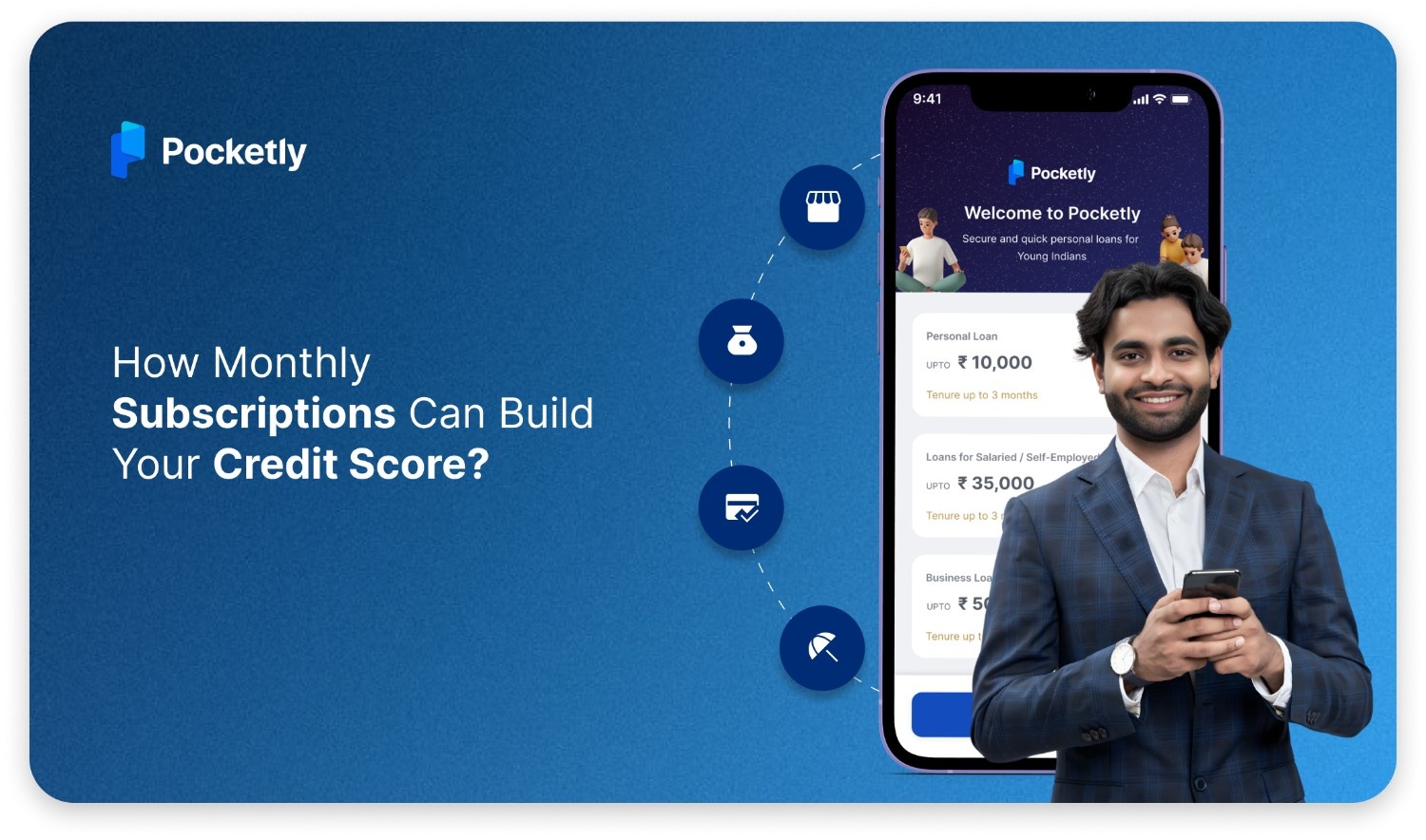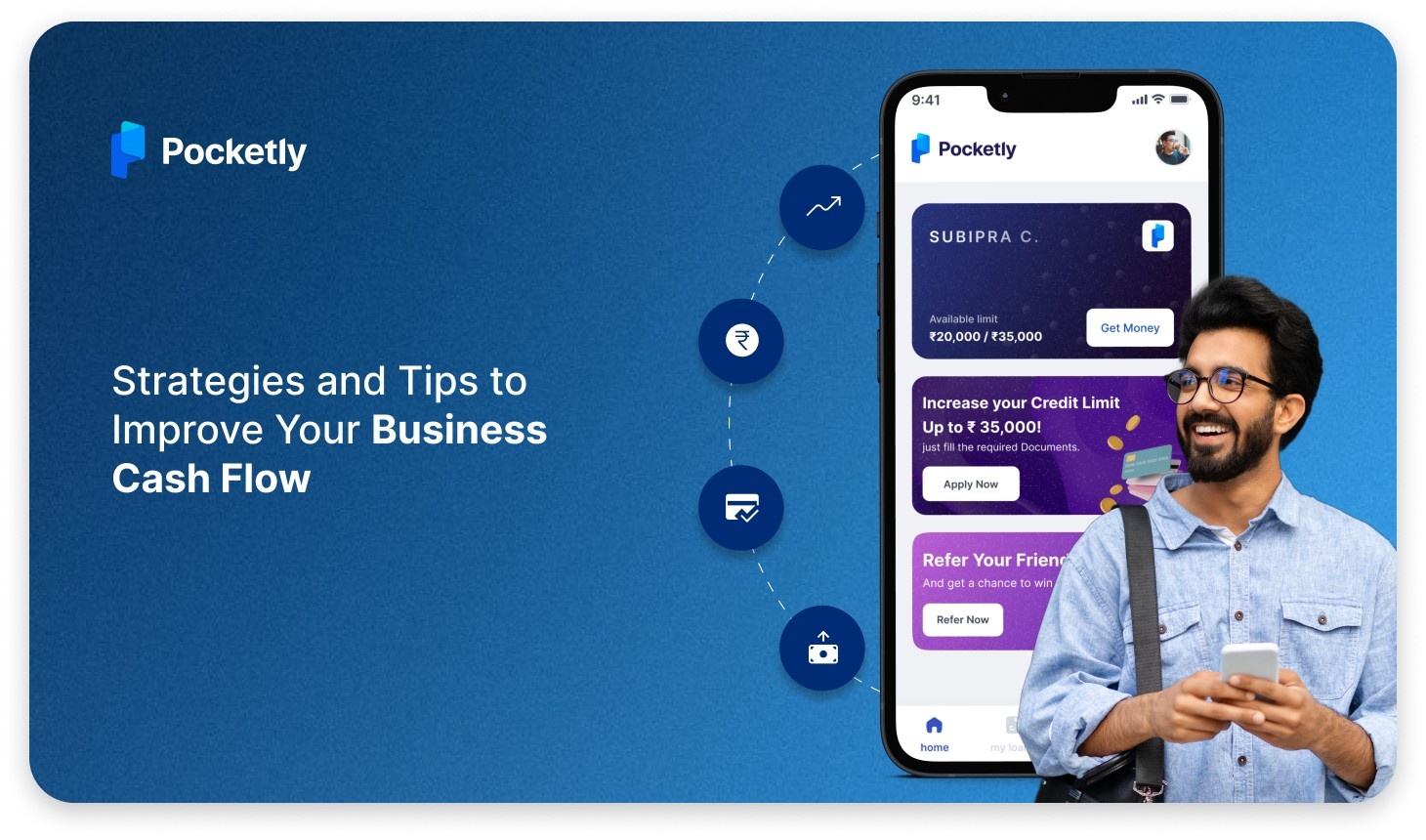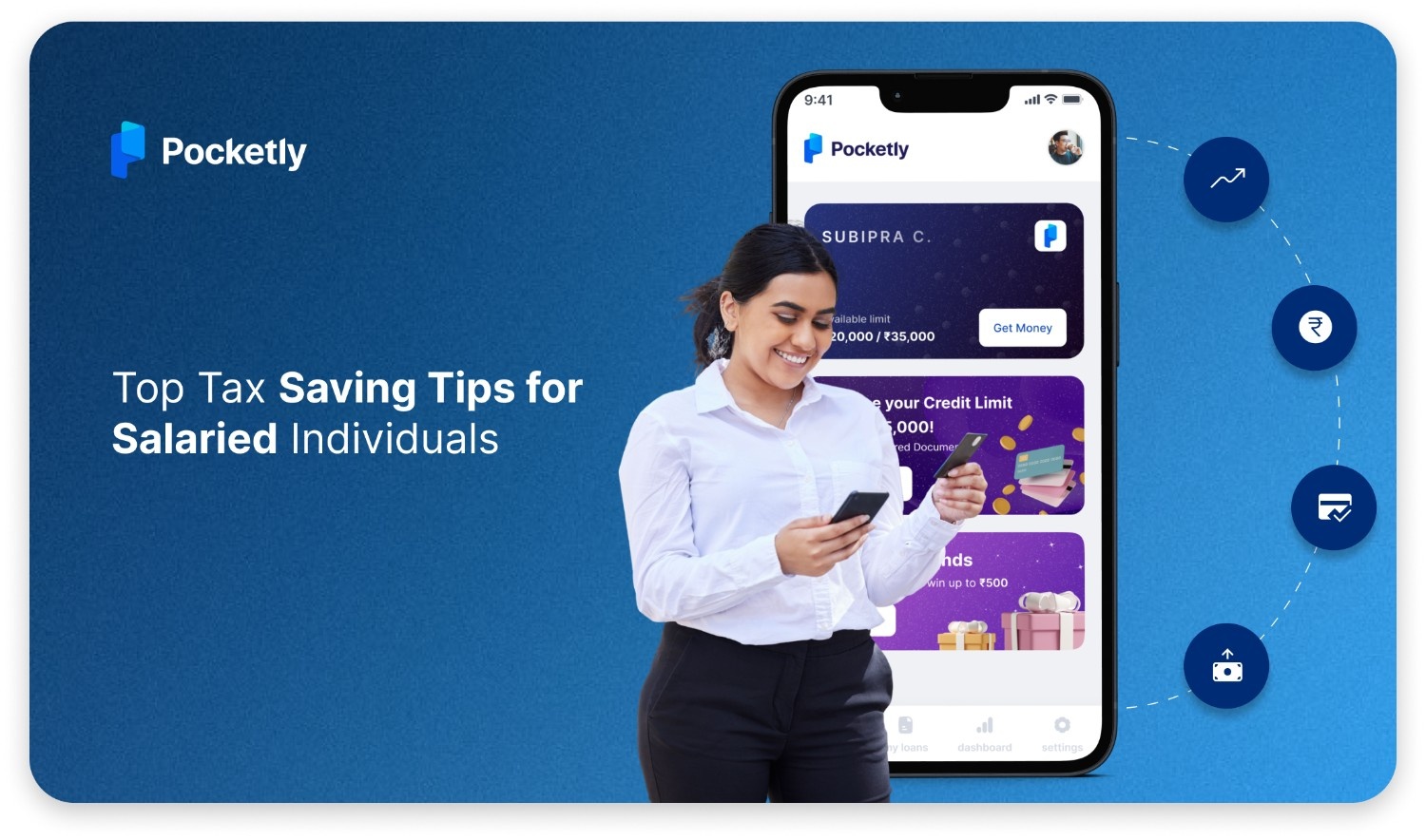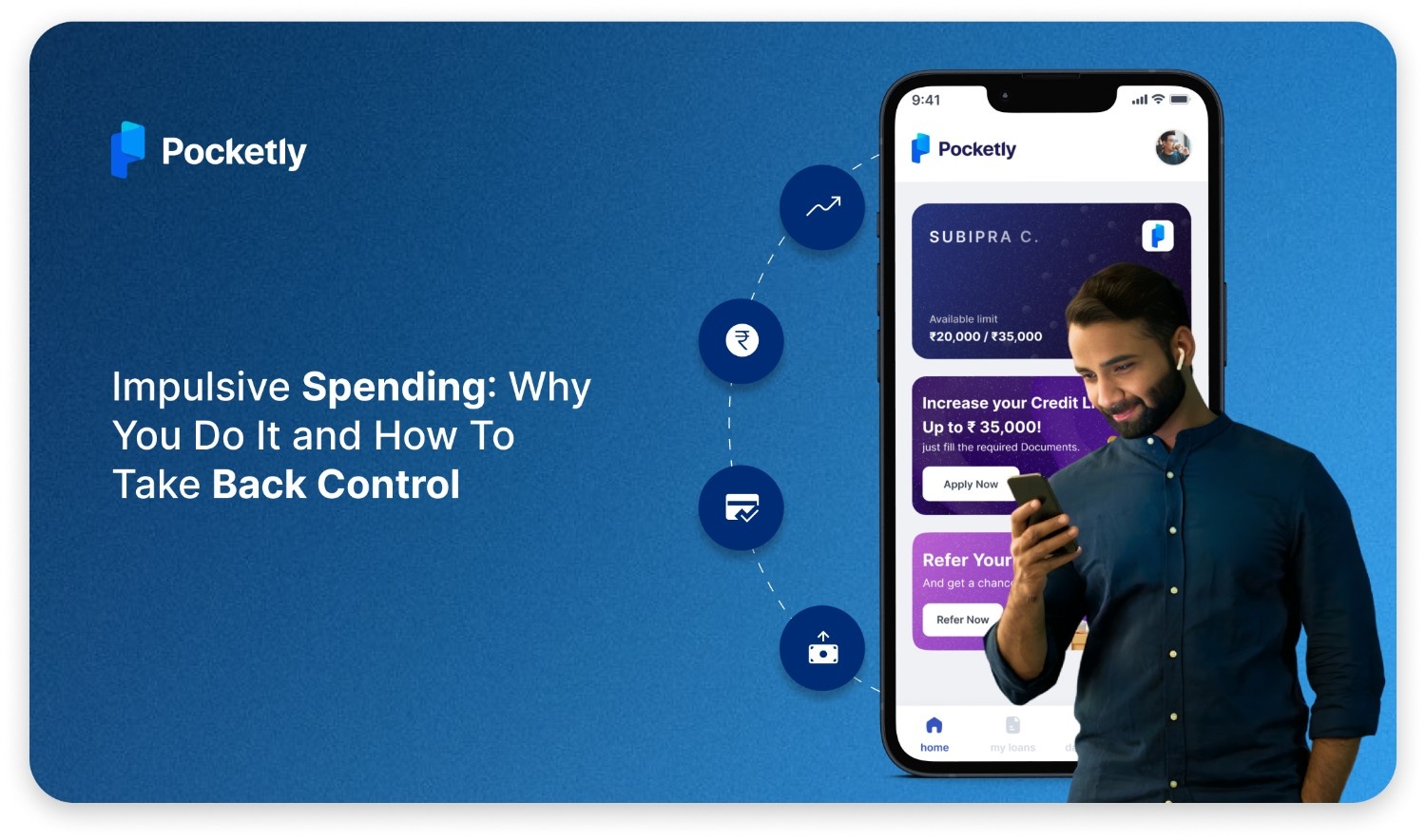Becoming a loan guarantor can be an appealing gesture to help a friend or family member secure the financial assistance they need. However, it's not without its risks. As reported by Hindustan Times, "Be careful before you turn loan guarantor," as agreeing to vouch for someone's loan can have long-lasting financial implications.
While helping a loved one or business partner may seem right, it’s essential to understand the potential consequences fully. As a guarantor, you are not just offering moral support but are also legally and financially tied to the loan. In this blog, we'll explore the ins and outs of guarantor personal loans, your responsibilities, and how to protect yourself from unexpected risks.
So, before you say yes, let's look into what being a guarantor really means and whether it’s the right decision for you.
What is a Guarantor in Personal Loans?
While being a guarantor can offer lenders the assurance they need, it also means you’re taking on significant financial responsibility. Imagine you're a homemaker or someone who has never had to deal with loans, and now you're asked to vouch for a family member's loan. It’s a big ask! Before you agree to become a guarantor, it’s essential to understand its potential impact on your financial situation and credit score. Knowing what you're stepping into will help you protect both your finances and your family's financial health.
Lenders often seek additional security to minimize the risk of default in lending, especially for unsecured loans. A guarantor provides just that. Lenders are assured of repayment by having a guarantor, even if the borrower faces challenges. This reduces their risk and increases the likelihood of loan approval for individuals who may not have the ideal credit profile.
But why do lenders specifically require a guarantor? Let’s look at the reasons behind this crucial requirement.
Why Do Lenders Require a Guarantor?
Lenders may require a guarantor for a variety of reasons, with the main goal being to reduce risk. Here’s a closer look at the key factors that make a guarantor essential:
1. Increased Risk Mitigation
When a borrower lacks a strong credit history, or if they have a history of late payments or defaults, lenders are hesitant to offer loans. A guarantor, who has a stronger credit profile, provides security to the lender. In essence, they offer a backup repayment source in case the borrower cannot meet their obligations.
2. Supporting Borrowers with Limited Credit History
Young borrowers or those new to credit may not have an established track record to demonstrate their repayment ability. In such cases, having a guarantor with a proven credit history can improve the likelihood of loan approval.
3. High-Value Loans
For larger loan amounts, lenders often require an additional layer of security. A guarantor helps bridge the gap between the lender's risk tolerance and the borrower's financial profile, particularly when the loan is substantial.
4. Enhanced Trust in Repayment Capacity
Lenders feel more confident when there is a guarantor involved, as it enhances the borrower's perceived ability to repay. This becomes especially important for unsecured loans, where the risk is higher since no collateral is involved.
To gain a clearer picture of what being a guarantor truly means, it’s important to recognize the responsibilities and risks involved. While it may seem like a straightforward commitment, being a guarantor can have significant financial implications. Here’s an overview of what it entails.
Also Read: Understanding Different Modes of Loan Repayment
Responsibilities and Risks for the Guarantor
While being a guarantor, you can provide essential support to someone in need, it’s crucial to understand both the responsibilities and risks involved before committing to such a role. Let's dive deeper into what being a guarantor truly means and how it impacts both parties involved:
| Responsibilities of the Guarantor | Risks for the Guarantor |
|---|---|
| Repayment Responsibility: As a guarantor, you are responsible for repaying the loan if the borrower defaults on payments. | Impact on Credit Score: If the borrower defaults and you step in to repay, your credit score could be negatively affected. |
| Loan Management: You must ensure the loan is repaid if the borrower fails to fulfill their obligation. | Limited Control Over the Borrower’s Actions: You have no control over the borrower’s financial behavior, which could lead to you bearing the financial burden. |
| Financial Support: If the borrower defaults, you are legally bound to pay off the loan amount. | Increased Debt-to-Income Ratio: The additional debt could negatively affect your debt-to-income ratio, making it harder for you to qualify for new loans in the future. |
| Legal Accountability: You are legally liable for the loan if the borrower cannot repay it. | Potential Legal Consequences: Legal actions could be taken against you if you fail to meet repayment obligations, including wage garnishment or asset seizure. |
While being a guarantor carries responsibilities and risks, understanding the different types of guarantors can help you make an informed decision. Different roles can have different levels of liability, so it’s essential to know which type of guarantor you’re expected to be.
Types of Guarantors for Personal Loans
In personal loans, a guarantor can take on various roles, each with different responsibilities and levels of involvement. Understanding these roles can help you determine the extent of your liability and what is expected of you in the event of a default. Here are the key types of guarantors:
1. Simple Guarantor
- Role: A simple guarantor agrees to repay the loan if the borrower fails to do so. However, their liability is limited to the loan amount and only applies after the borrower defaults.
- Liability: The guarantor's financial responsibility kicks in only when the borrower defaults, and they typically are not required to make payments unless this happens.
2. Co-Guarantor
- Role: A co-guarantor is equally responsible for the loan repayment as the primary borrower. In this arrangement, both the borrower and co-guarantor share the responsibility.
- Liability: The co-guarantor is as liable as the borrower for the loan repayment. If the borrower defaults, the co-guarantor must fulfill the repayment obligations.
3. Joint Guarantor
- Role: This is someone who signs the loan agreement alongside the borrower. The joint guarantor holds the same responsibility as the borrower and is directly liable for the repayment.
- Liability: The joint guarantor shares the same rights and obligations as the borrower, including the risk of repayment and any associated penalties or charges.
4. Conditional Guarantor
- Role: A conditional guarantor agrees to pay only if specific conditions are met, such as if the borrower defaults after a certain number of missed payments or after a specific grace period.
- Liability: The liability of a conditional guarantor is contingent upon meeting the agreed conditions. They are not held liable until the specified conditions trigger their responsibility.
While being a guarantor may seem daunting due to the risks involved, it’s also important to recognize the potential benefits. Let’s explore the advantages that being a guarantor can offer to you and the borrower.
Need Help Understanding Your Role as a Guarantor?
If you're unsure about becoming a guarantor or how your responsibilities might affect your financial future, Pocketly offers personalized financial solutions that could be the right fit for your needs. Whether you’re seeking assistance with loans or more information on personal finance, Contact Us Today for guidance.
Advantages of Being a Guarantor
While the role of a guarantor comes with responsibility, there are also several benefits to consider. Here are some of the key advantages:
- Helping Someone in Need: You have the chance to help a friend or family member secure a loan they might not have been able to get on their own.
- Improving Your Own Credit: If the loan is repaid on time, your creditworthiness can improve, showing lenders that you’re financially responsible.
- Building Trust with Lenders: Being a guarantor can help build your reputation with financial institutions, possibly making it easier for you to access loans in the future.
- Better Loan Terms for the Borrower: Your support as a guarantor could help the borrower secure better terms, such as lower interest rates or longer repayment periods.
- Emotional Satisfaction: There’s also the satisfaction of knowing that you helped someone achieve their financial goals, strengthening your personal bond.
While these advantages are valuable, it's essential to weigh them carefully against the responsibilities and risks involved in being a guarantor.
While the advantages of being a guarantor can be significant, it's also crucial to fully understand the potential risks involved. Just as with any financial responsibility, being a guarantor carries its own set of challenges that should be carefully considered.
Disadvantages and Risks of Being a Guarantor
- Financial Strain if the Borrower Defaults: If the borrower fails to repay the loan, the guarantor becomes responsible for covering the debt. This can create financial strain, especially if the guarantor is unprepared to pay the full amount.
- Impact on Credit Score and Loan Eligibility: In the event of a default, the guarantor’s credit score can be negatively impacted. This could make it harder to secure loans in the future, as lenders may view them as higher-risk borrowers due to their involvement in the loan default.
- Legal Implications in Case of Default: Legal consequences can arise if the borrower defaults, leaving the guarantor facing potential legal action to recover the debt. The Supreme Court has ruled that guarantors are liable if firms fail to repay loans, underscoring the seriousness of this responsibility.
While being a guarantor carries its set of risks, there are practical steps you can take to safeguard yourself. Taking proactive measures can ensure you are better protected and help avoid unnecessary complications down the road.
For further reading, Understanding the Full Form of NOC and its Purpose explains the legal side of loan guarantees and how no-objection certificates (NOC) play a crucial role when the guarantor is called upon. This blog will help you understand the potential legal implications in case of borrower default.
How to Protect Yourself as a Guarantor
As a guarantor, you take on a significant responsibility. It’s essential to take proactive steps to safeguard your finances and protect your credit score. Here are a few ways to protect yourself when agreeing to be a guarantor:
1. Clear Understanding
Make sure both you and the borrower fully understand the terms of the loan. This means discussing the loan amount, repayment schedule, and any consequences of missed payments. A clear understanding helps avoid misunderstandings later on.
Example: Ensure you're aware of the interest rate, the term of the loan, and penalties for defaulting.
2. Get a Written Agreement
Document your agreement with the borrower in writing. Even if you trust the person, having everything in black and white ensures there are no grey areas regarding your responsibilities. The written agreement should cover all the terms, conditions, and your obligations as a guarantor.
Example: A legally binding document can offer recourse if the borrower fails to repay the loan as agreed.
3. Monitor Loan Payments Regularly
Regularly check the loan status and ensure payments are being made on time. Monitoring the loan’s progress gives you early insight if there are any delays or defaults. Some financial institutions allow guarantors to track payment statuses, so take advantage of this.
Example: Sign up for email notifications from the lender or request regular updates on the loan's status to stay informed.
4. Set Boundaries on Liability
Ensure that the loan agreement specifies your role and limits your liability. Understand the maximum amount you are liable for and consider negotiating a limit on your exposure.
Example: If possible, ask to be a guarantor for a portion of the loan rather than the entire sum, particularly in large loans.
5. Incorporate Early Exit Clauses
If the borrower’s financial situation changes or the loan is being restructured, ensure you’re notified and that you have the option to exit the guarantee.
Example: You might include a clause that allows you to withdraw as a guarantor after a set period if the borrower demonstrates financial stability or after they’ve repaid a certain portion of the loan.
6. Consider Insurance
Some lenders offer loan guarantee insurance, which protects the guarantor in case the borrower defaults. If this option is available, it’s worth considering, as it can protect your financial interests without you needing to pay the full amount out of pocket.
Example: Some insurance products may cover the amount in the event of the borrower's death, illness, or financial hardship.
Ensuring that you have all the necessary precautions in place as a guarantor is vital to minimizing risk. However, if being a guarantor still doesn’t feel like the right choice for you, there are other alternatives you can explore.
Also read our guide on Personal Loan Pre-Closure: Charges and Procedure
Alternatives to Being a Guarantor
If the thought of taking on the responsibility of a guarantor seems overwhelming, or if you simply don’t have the financial ability to back someone else’s loan, there are other options to consider. Here are some practical alternatives that can help you and the borrower:
1. Co-Signer
A co-signer is someone who agrees to share the responsibility of the loan with the borrower. While a guarantor is only responsible for the loan if the borrower defaults, a co-signer is equally responsible from the start. It’s a good option if you want to ensure the borrower can secure the loan, but it also means you share the responsibility from the outset.
Example: A co-signer can help improve the borrower’s chances of approval, especially if they have a weaker credit history.
2. Secured Loans
Instead of relying on a guarantor, the borrower could consider offering collateral for the loan. This could be a house, a car, or other valuable assets. By pledging collateral, the borrower may have a better chance of securing the loan without needing a guarantor.
Example: A borrower with a limited credit history might pledge property as collateral to reduce the lender’s risk.
3. Peer-to-Peer (P2P) Lending
Another option to consider is P2P lending, where individuals borrow money from others through a P2P platform. These platforms may not require a guarantor, as they often consider other aspects of the borrower's financial situation, such as income and repayment capacity.
Example: Websites like LendingClub and Prosper allow borrowers to apply for loans directly from individuals instead of traditional banks.
4. Secured Credit Cards
If the borrower cannot find a loan or needs a small credit line, secured credit cards can be an alternative to a traditional loan. The borrower can apply for a credit card with a deposit that serves as collateral. This reduces the need for a guarantor while still allowing the borrower to build or improve their credit.
Example: Secured credit cards are beneficial for individuals looking to establish or rebuild their credit history without involving a third-party guarantor.
5. No-Collateral Loans
If the borrower has a strong credit profile, they may qualify for a no-collateral personal loan. This type of loan doesn’t require a guarantor or any assets to be pledged. While the approval criteria can be strict, these loans offer a solution to borrowers who prefer not to involve others in their loan application process.
Example: A borrower with a high credit score might be able to access an unsecured loan without needing a guarantor or collateral.
While exploring other options, looking at innovative financial solutions that can help borrowers and lenders alike is essential. One such option is Pocketly, a platform offering flexible loan solutions without needing a guarantor.
Pocketly: A Smart Alternative for Personal Loans Without a Guarantor
If you’re in need of a personal loan but are hesitant about involving a guarantor, Pocketly is here to provide a straightforward, efficient solution. With Pocketly, you can access personal loans without the added responsibility of a third-party guarantor. Whether you're facing an urgent expense or need financial support for personal projects, Pocketly simplifies the process and offers fast, hassle-free loans.
Here’s how Pocketly can support you:
- No Guarantor Required: Unlike traditional loans, Pocketly doesn’t ask for a guarantor, making it easier and faster to access funds without involving others.
- Simple and Quick Application: The process is entirely digital, requiring minimal documentation. You can apply for a loan in minutes, from anywhere.
- Flexible Loan Amounts: Pocketly offers loans ranging from ₹1,000 to ₹25,000, providing the flexibility to meet different financial needs.
- Low-Interest Rates: With competitive interest rates, Pocketly ensures you get a loan that won’t break your budget.
- Repayment Flexibility: Choose from flexible repayment terms to ensure your loan fits into your monthly budget. Repay early without penalties, making it easier to manage your finances.
With Pocketly, you get the financial help you need without the complexity of involving a guarantor, helping you maintain your independence while addressing your financial needs.
Conclusion
Being a guarantor for a personal loan can come with significant financial responsibilities and risks, but understanding these can help you make an informed decision. By knowing the ins and outs of guaranteeing a loan, as well as the potential consequences, you can better protect yourself and ensure you’re not caught off guard. While being a guarantor may offer benefits to the borrower, it’s crucial to weigh the pros and cons carefully.
For those who are reluctant to take on this risk or for those who are seeking simpler solutions, platforms like Pocketly provide a viable alternative. With Pocketly’s flexible, no-guarantor loans, you can access funds quickly and conveniently, without the burden of taking on someone else’s financial obligations.
Want to explore more?
If you're looking for a quick and easy loan solution, download the Pocketly app today for Android and iOS and start easily managing your financial needs!
FAQs
1. What is the role of a guarantor in a personal loan?
A guarantor promises to repay the loan if the borrower fails to do so. They are responsible for covering the outstanding debt, ensuring the lender receives repayment.
2. Can I be a guarantor if I don’t have a strong credit history?
Yes, you can still be a guarantor, but it might be difficult for the borrower to get a loan. Lenders typically prefer guarantors with strong credit histories to minimize their risk.
3. How does being a guarantor affect my credit score?
If the borrower misses payments or defaults, it can negatively affect the guarantor’s credit score. The loan will appear on your credit report, impacting your ability to secure loans in the future.
4. Can I remove myself as a guarantor once the loan is approved?
No, once you’ve agreed to be a guarantor and the loan is sanctioned, you cannot remove yourself unless the loan is repaid or the lender agrees to release you from the obligation.
5. What should I do if the borrower defaults on the loan?
If the borrower defaults, the lender will ask you to repay the loan. You should contact the borrower first to resolve the issue. If you’re unable to repay, seek legal advice to understand your options.













